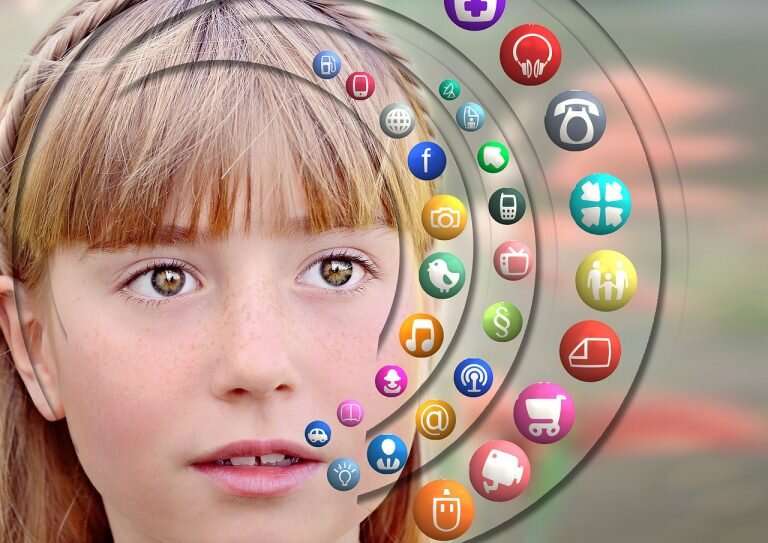This article has been reviewed according to Science X's editorial process and policies. Editors have highlighted the following attributes while ensuring the content's credibility:
fact-checked
proofread
Shifting from social comparison to 'social savoring' seems to help psychosocial well-being

The literature is clear: There is a dark side to engaging with social media, with linkages to depressive symptoms, a sense of social isolation, and dampened self-esteem recently revealed in the global discourse as alarming potential harms.
Underlying the pitfalls of social media usage is social comparison—the process of evaluating oneself relative to another person—to the extent that those who engage in more social comparison are at a significantly higher risk of negative health outcomes linked to their social media consumption.
Today, 72% of Americans use some type of social media, with most engaging daily with at least one platform. Particularly for adolescents and young adults, interactions on social media are an integral part of building and maintaining social networks. While the potential risks to psychosocial well-being posed by chronic engagement with these platforms have increasingly come to light within the past several years, mitigating these adverse downstream effects poses a novel and ongoing challenge to researchers and health care professionals alike.
A team of researchers led by Nancy Zucker, Ph.D., professor in Psychiatry & Behavioral Sciences and director of graduate studies in psychology and neuroscience at Duke University, recently investigated this issue—publishing their study in JMIR Mental Health—and found promising results for a brief online intervention targeted at altering young adults' manner of engagement with social media. The intervention aimed to supplant college students' habitual social comparison when active on social media with social savoring: experiencing joyful emotions about someone else's experiences.
Zucker's team followed a final cohort of 55 college students (78% female, 42% white, with an average age of 19.29) over a two-week period, first taking baseline measures of their mental well-being, connectedness, and social media usage before the students returned to daily social media usage. On day 8, a randomized group of students received the experimental intervention: an instructional video on the skill of social savoring. These students were then told to implement this new skill when active on social media throughout days eight to 14, before being evaluated with the rest of the cohort at the two-week mark.
For those taught how and why to socially savor their daily social media intake, shifting focus from social comparison to social savoring measurably increased their performance self-esteem—their positive evaluation—as compared with the control group, who received no instructional video. Consciously practicing social savoring even seemed to enable students to toggle their self-esteem levels up or down: Those in the intervention group reported significantly higher levels of self-esteem on days during which they engaged in more social savoring.
Encouragingly, the students who received the educational intervention on social media engagement also opted to practice more social savoring over time, suggesting they found this mode of digesting their daily social media feeds to be enduringly preferable to that of social comparison. The team's initial findings suggest a promising future for targeted educational interventions as an effective way to improve facets of young adults' mental health without changing the quantity or quality of their media consumption.
Of course, the radical alternative—forgoing social media platforms altogether in the name of improved well-being—looms in the distance as an appealing yet often unrealistic option for many; therefore, thoughtfully designed, evidence-based interventions such as this research team's program seem to offer a more realistic path forward.
More information: Fernanda C Andrade et al, Intervening on Social Comparisons on Social Media: Electronic Daily Diary Pilot Study, JMIR Mental Health (2023). DOI: 10.2196/42024




















